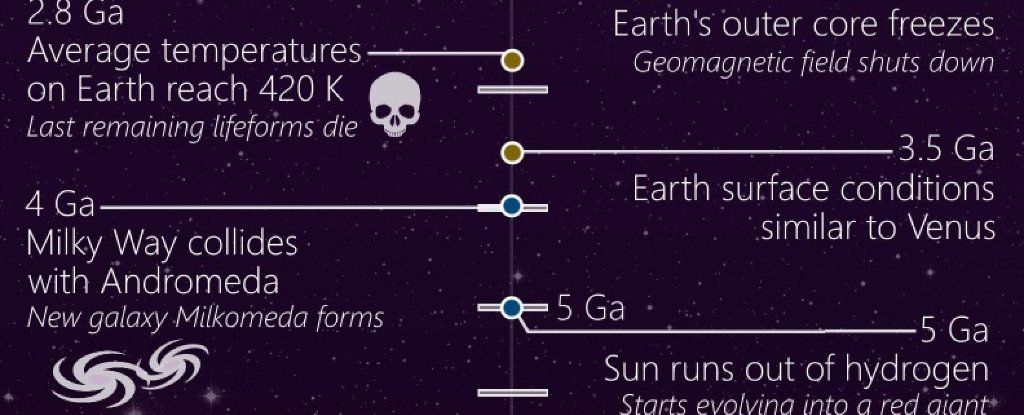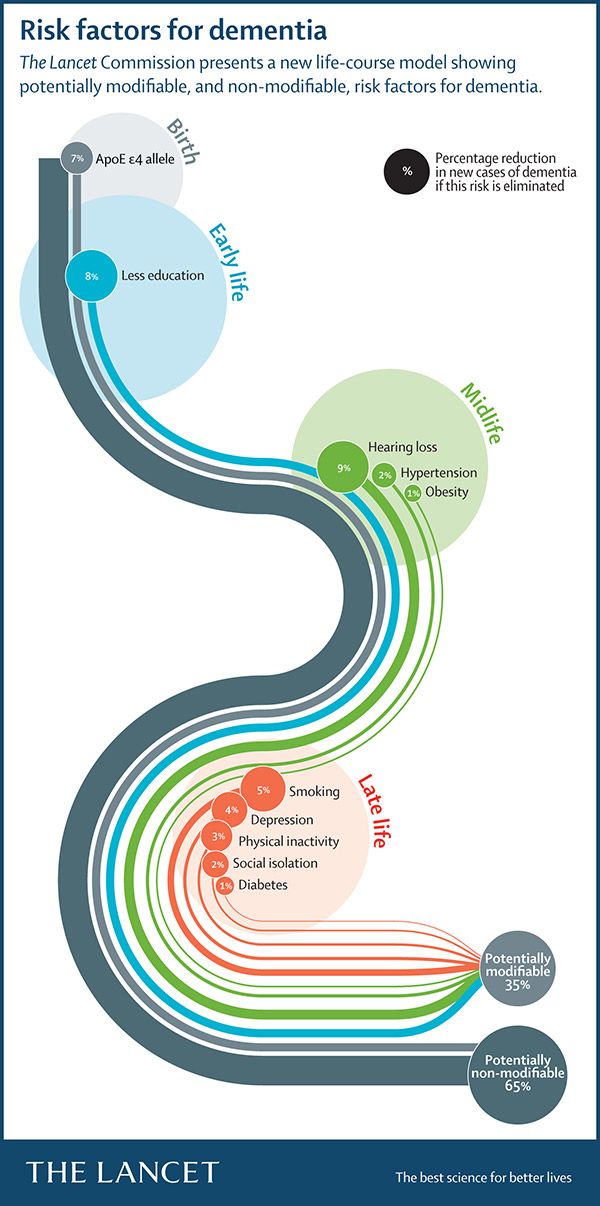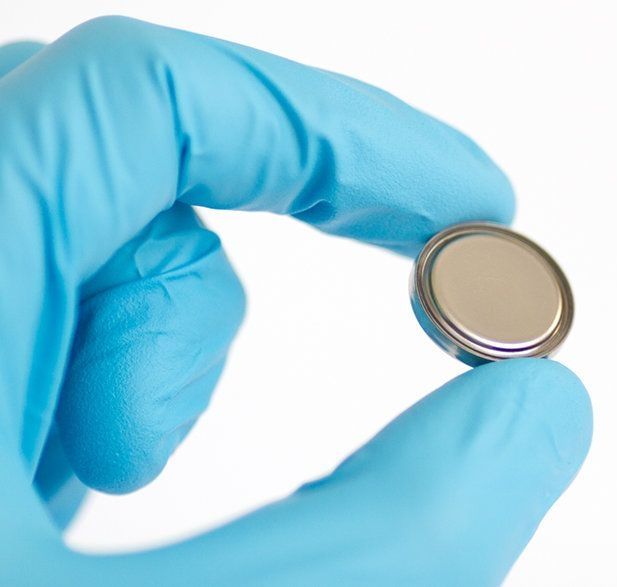Apr 30, 2018
Humanity’s ‘Final Institute’ (Part 1)
Posted by Bill Kemp in categories: existential risks, materials
The concern for the future of humanity is becoming more imperative as exponential technology brings us to the brink of the most fragile time in human history. Existential risk is a matter that is necessary to contemplate proactively rather than in a reactionary state, especially if intentions are to ensure continuance into the far future; a sort of insurance for humanity. However, what is mankind really trying to do? It is commonly advised to begin with the end in mind, however, there doesn’t seem to be a legitimate end goal besides a desperate cling to survival. Living without a purpose is simply existing, which seems to be the current state of our species. What are we existing for?
If we are referring to the whole of mankind rather than the specific individual, it can be commonly agreed upon that we simply have no concrete conclusion for why we are even here; or why anything should exist at all. This is in part due to the fact that we don’t even seem to have a complete understanding of what the universe actually is; why things behave the way they do. The fact that this is unknown would, by definition, imply that the relevance of everything that we do is also currently unknown. Thus, the logical progression would begin with acquiring the information necessary to discover what this nature is that existence seems to abide by. Then we can assemble the right question pertaining to the reason behind this phenomenon that we refer to as the “universe.”
By starting with this end question in mind, we can identify to the best of our current knowledge, the information that would be necessary to know before answering it. Regardless if it seems possible or not, we must consider it necessary for the time being. This would likely result in a series of questions, pushing the boundaries of our scientific and philosophical capabilities. This process would certainly be subject to change as new breakthroughs advance our understanding of the universe. However, the fact of the matter remains; it would be the most efficient direction relative to our maximum capability.


















